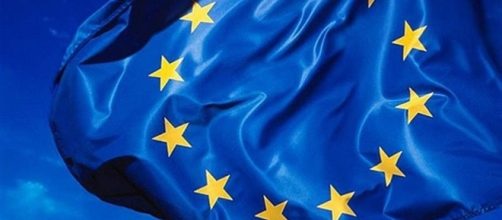The european union is an economic and political organization which includes twenty-eight European countries. The European Union (EU) has its roots in the European Economic Community (EEC) which was created after the Second World War on March 45, 1957. EEC was meant to develop a huge single market between six countries: Belgium, Germany, France, Italy, Luxembourg, and Netherlands.
During the years, the organization (EEC) developed and expanded its activities from economic to external relations and security, and justice and migration. In 1993, the change of the name occurred and the European Economic Community became The European Union.
The ceremony
Rome is the center of the world political happening this weekend because European leaders gathered in Rome on Saturday to celebrate 60 years of the EU's existence. Prominent Italian Prime Minister Paolo Gentiloni is the host of the summit this year in Rome. This year, the celebration takes place only five days before British Prime Minister (Theresa May) invokes the legislation which a part of a two-year legal path for the United Kingdom’s formal exit from the organization.
Dissatisfaction grows among the countries
In recent years dissatisfaction has grown among the countries of this organization. One of the most important reasons is that a lot of countries don’t believe in the value of the European Union which leads to negative impacts on jobs, sovereignty, security, immigration, and national identity.
A lot of EU members share this point of view. One of them is the host of the ceremony. Italian Prime Minister Paolo Gentiloni who thinks that EU’s development has been put off over the several past years. “Unfortunately, we stopped,” he said, and “it triggered a crisis of rejection.”
Despite all of the above, there were also some positive thoughts and remarks which give us hope that things can be improved in the European Union.
Michael Wohlgemuth, director of the Berlin office of Open Europe says that Europe has a good reason for celebrating 60 years since during the years it promoted peace, democracy, and cooperation among its members. At the end, all twenty-seven leaders signed a new Rome Declaration stating that the “European Union is a bold and far-sighted endeavor.”
The European Union timeline
- 1957: European Economic Community established
- 1973: United Kingdom joins the European Economic Community (EEC)
- 1993: European Economic Community changes the name into European Union
- 1993: The completion of a single market establishing four “freedoms”
- 1999: Euro currency becomes the major currency
- 2004: Ten new members: Cyprus, the Czech Republic, Estonia, Hungary, Latvia, Lithuania, Malta, Poland, Slovakia, and Slovenia
- 2016: British referendum for leaving the European Union

